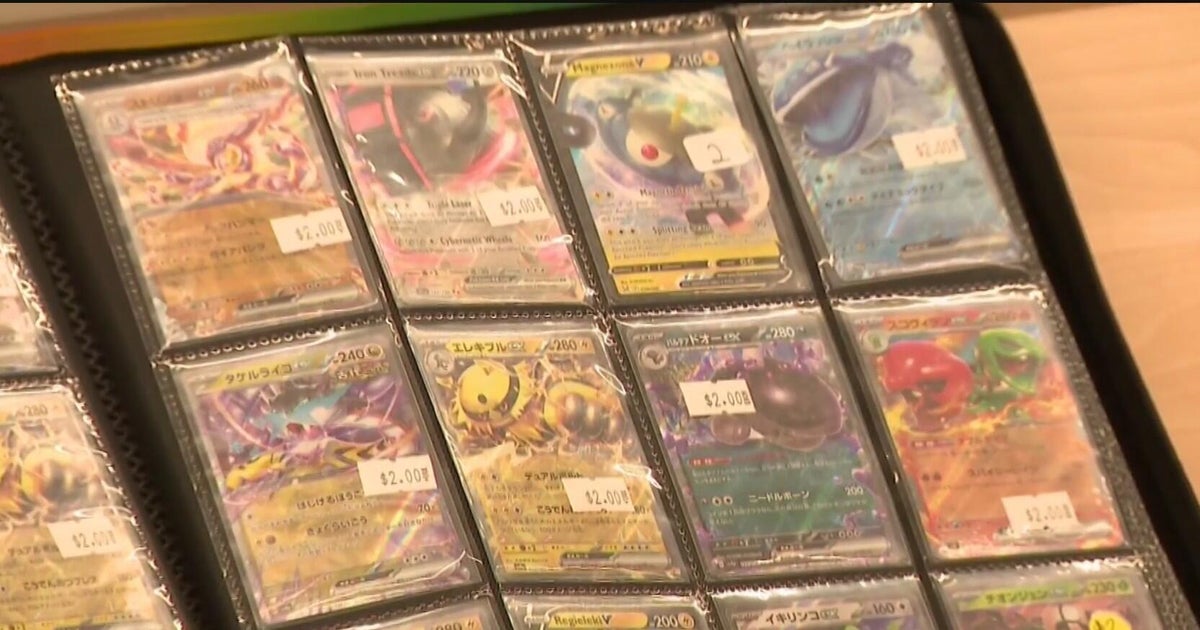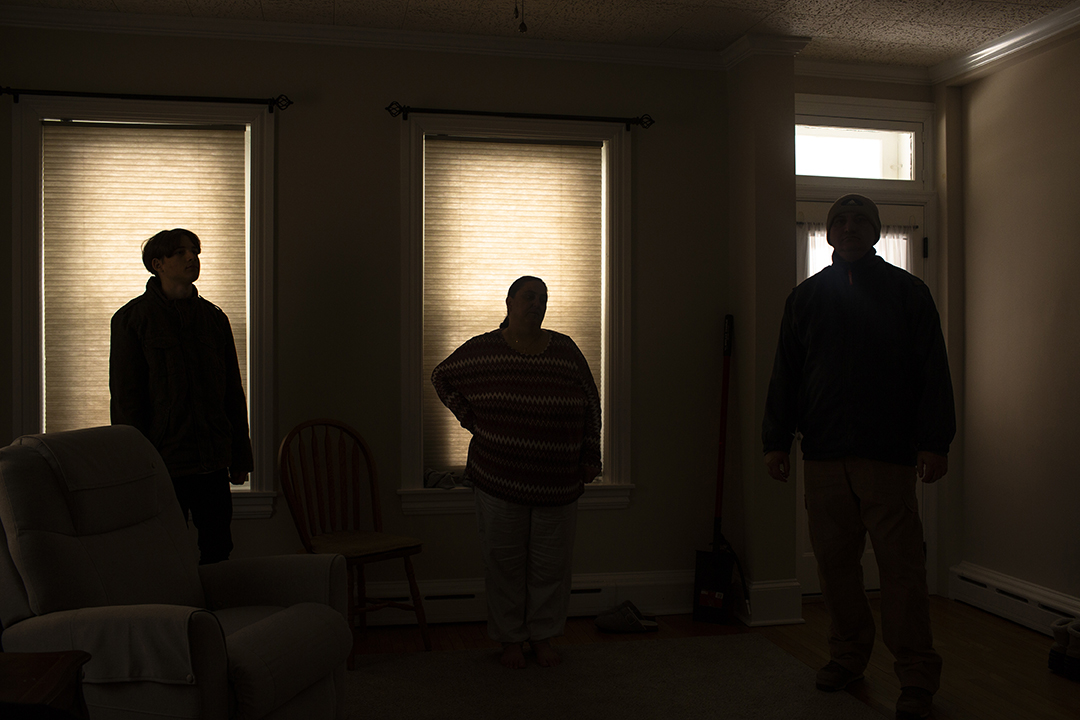Whole Foods closes flagship store in San Francisco for staff "safety"
Whole Foods is temporarily closing one of its flagship stores in San Francisco just a year after it opened, citing concerns that crime in the area is endangering its staff.
A Whole Foods spokesperson said the company closed the 65,000-square-foot grocery store at Trinity Place in San Francisco's Mid-Market neighborhood Monday "to ensure the safety" of the store's team members.
The spokesperson called the move a "difficult decision," adding that the store will only close temporarily and that all the store's staff will be transferred to nearby locations for the time being.
The flagship store opened March 10, 2022, with Whole Foods touting its design as an homage to "classic San Francisco." The location sold more than 3,700 local products from Northern California, including produce from local farms and hundreds of wines from nearby vineyards, according to the company.
By Tuesday, the store's website had disappeared.
Whole Foods did not elaborate on the specific conditions that led to the store's closing. The San Francisco Standard, an independent newspaper, reported that Whole Foods pointed to nearby crime and drug use as reasons for suspending operations, according to a City Hall source.
Whole Foods had previously cut the store's hours, citing "high theft," the paper reported last October.
Disappointed but "unsurprised"
San Francisco Board of Supervisors member Matt Dorsey, who represents the district in which the closed Whole Foods is located, said on Twitter that he was "incredibly disappointed but sadly unsurprised by the temporary closure of Mid-Market's Whole Foods."
He said the neighborhood's issues with retail theft and drug-related crime are apparent, citing the "adjacent drug markets" and "the many safety issues related to them" as well-known problems in the area.
Dorsey added that he is proposing a charter amendment, which he called "The San Francisco Police Department Full Staffing Act," to fully staff the city's police force within five years.
"Whole Foods' closure — together with many other safety-related challenges we've seen recently — is Exhibit A as to why San Francisco can no longer afford not to solve our police understaffing crisis," he said on Twitter.
Theft rings strike several times per week
Other area stores have expressed concerns around retail theft.
Davis Smith, founder and former CEO of Cotopaxi, an adventure accessories and apparel brand, last year said in a LinkedIn post that "San Francisco appears to have descended into a city of chaos."
"Many streets and parks are overrun with drugs, criminals, and homelessness, and local leadership and law enforcement enable it through inaction," he added.
At the time, Smith announced the temporary closure of his company's nearby Hayes St. store after its "windows were smashed and thousands of dollars of product was stolen." He said then that the store was "hit by organized theft rings several times per week," with thieves endangering employees. The store has since reopened.
Property crime shot up in San Francisco in 2021 and 2022, according to data from the San Francisco Police Department. So far in 2023, however, break-ins and thefts are down about 10% from last year, according to SFPD data.
$100 billion problem
Industry groups have raised the alarm about theft, with the National Retail Federation saying that organized retail crime is costing stores roughly $100 billion a year, according to a 2022 survey.
In 2021, retailers saw a 27% rise in theft carried out by organized criminal rings, the survey found. They responded by investing more money in safety and security measures to protect employees, customers and merchandise.
Many stores — from pharmacies to electronic goods retailers — have also started locking up more merchandise. This technique, meant to deter thieves, can sometimes drive away willing shoppers who don't want to wait for a staffer to unlock items for them to buy.



